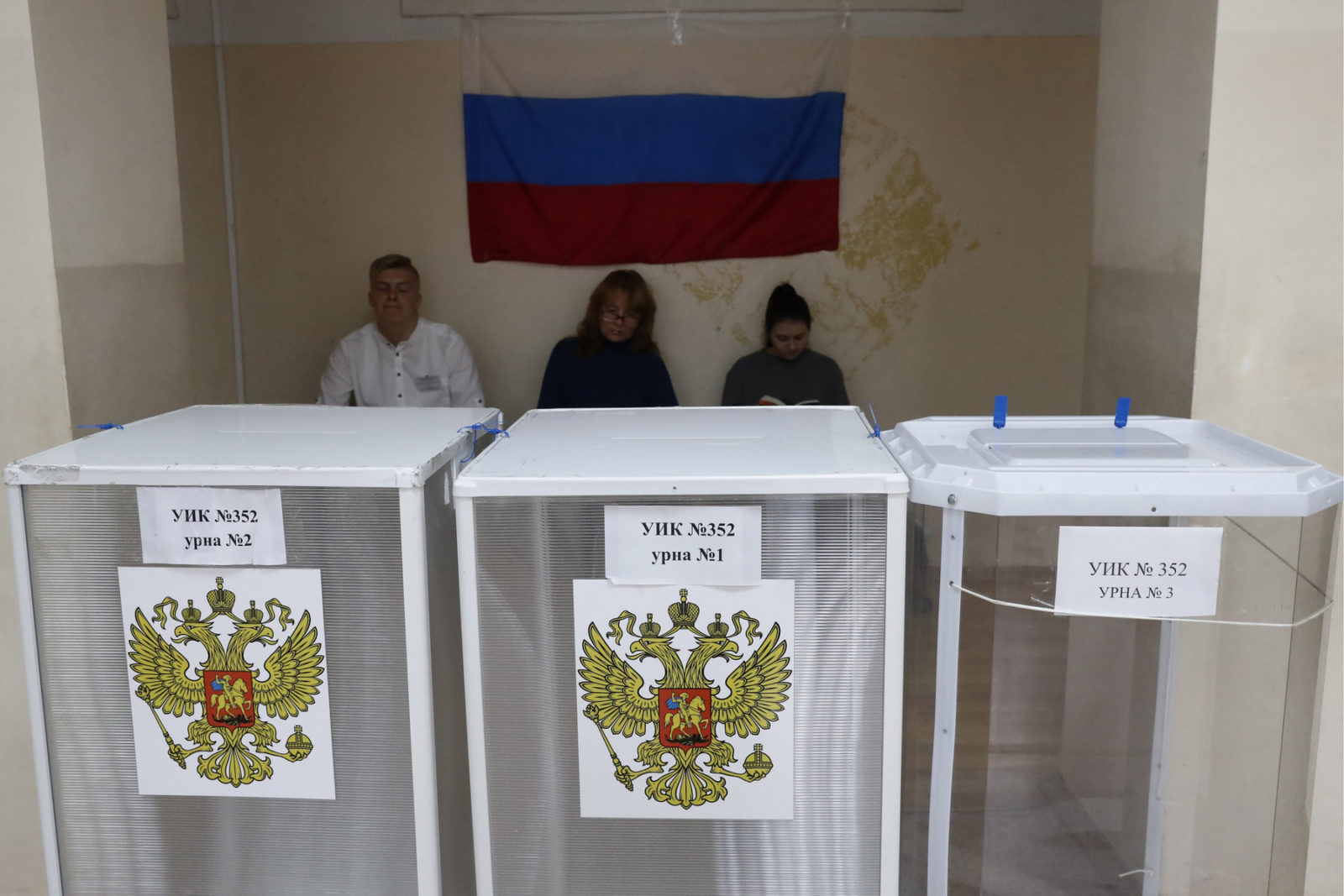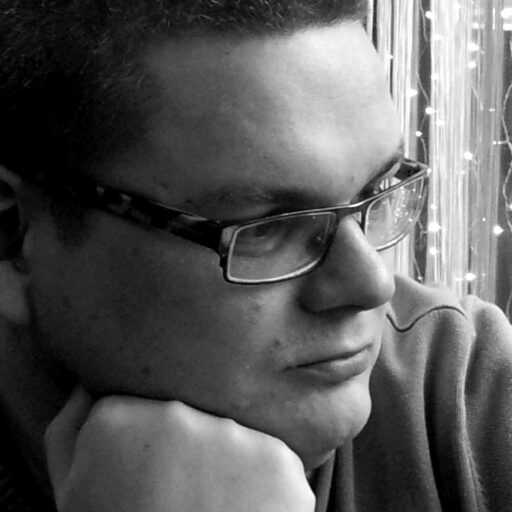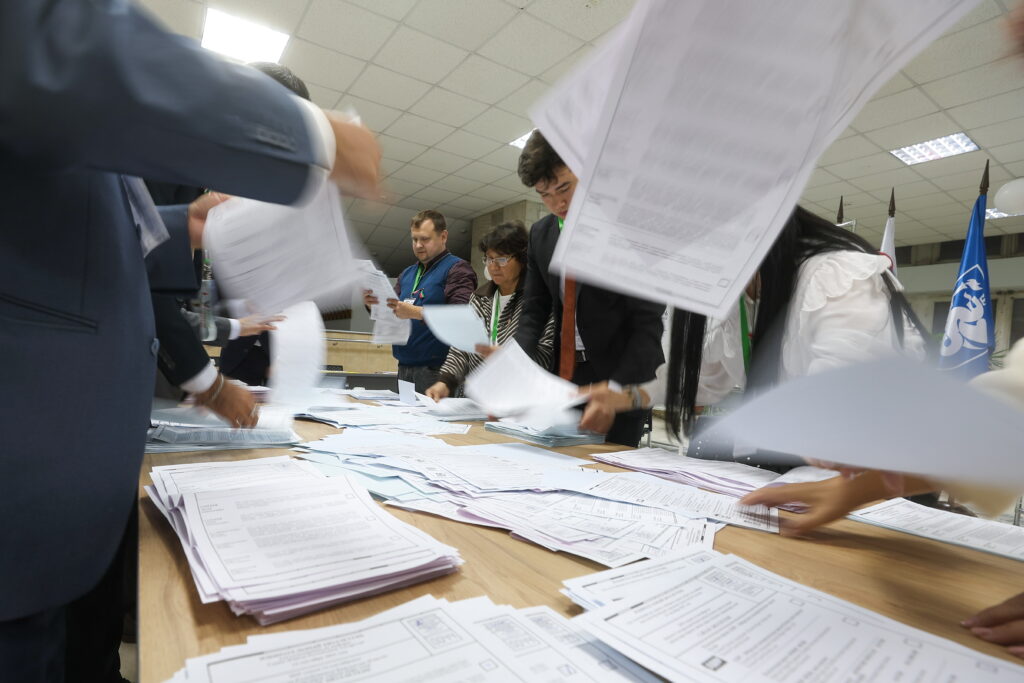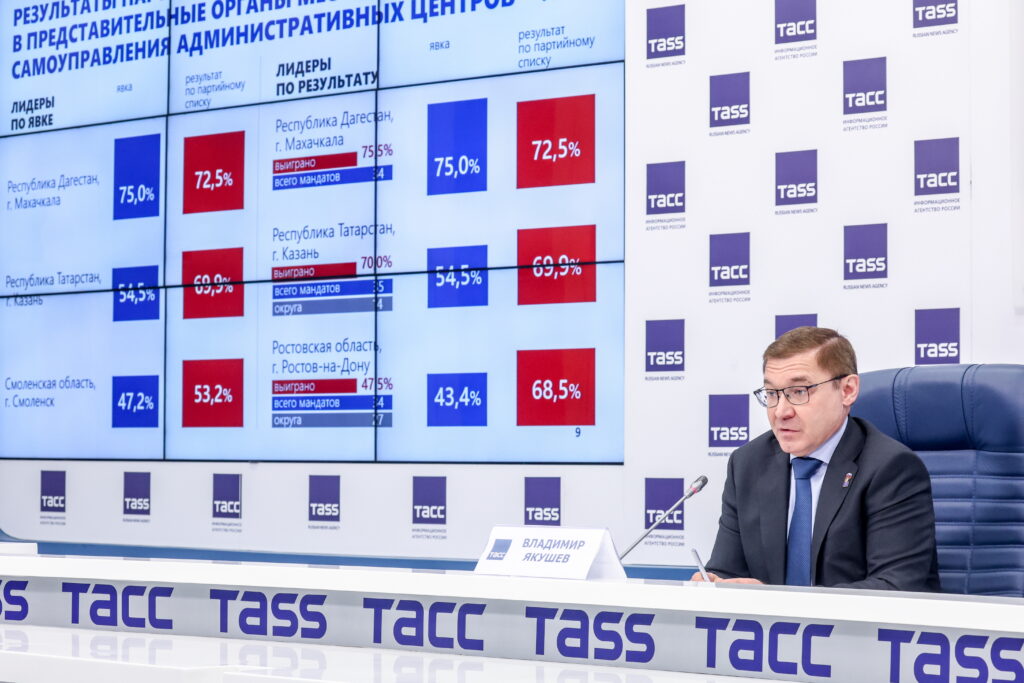September’s gubernatorial elections brought the Kremlin some unwelcome news. Pension reform removed the indifference of the population in the regions; this was enough for several Kremlin-backed candidates to fall short.
A single voting day is like a birthday – it happens only once a year. This, of course, is good for the authorities: now there is time to prepare for the next election cycle. But few now doubt that the Kremlin’s electoral strategy will have to change. With this, the opposition may have one or two opportunities.
A celebration that didn’t happen
September 9th Election Day was to be a nationwide celebration of loyalty. That’s how it was framed on TV. So it went in most of the regions. Representatives of the authorities defeated faceless opponents with a moderate turnout. Even the four second rounds did not look like a misfortune, quite the contrary. They were to confirm the “honesty”, “openness”, and an incredible “competitiveness” of the election. No one doubted that in Primorye, Vladimir and Khabarovsk, Moscow’s men would trounce their rivals in the second round. Most supposed the elections would remain the same formality, only with a delay.
The Khakassia region was the only one which raised questions. The head of the republic, Viktor Zimin, fell well behind the communist candidate in the first round. Even before the election, his ratings were unimpressive. The economic situation under his rule was awful. Corruption scandals went viral and even some of his team members were imprisoned.
It is unclear why Zimin was not replaced before the election. Could a “young technocrat” have stepped in? This would have been ordinary enough Kremlin tactic. Especially under the watch of Sergey Kiriyenko, First Deputy Chief of Staff of the Presidential Administration. But it did not happen. Not doing so proved to be a bad miscalculation.
In Primorye they hurried to correct the mistake. The second round was scheduled a week after the first. Not two weeks as in other regions. But that did not suffice. Results show how pension reform angered voters. There was high level of protest activity and a willingness to vote “against” and not “for”. Of course, the candidate of the Communist Party of the Russian Federation, the local businessman-developer Andrei Ischenko, did not differ too much from the Kremlin’s appointee, Andrei Tarasenko, at least from the point of view of an ordinary resident of the region. Indeed, everyone understood Ischenko would not clash with Moscow and pension reform would not stop if he wins. Yet he won support as a symbol of protest. His victory was a referendum expressing the attitude towards federal social policy.
A clumsy attempt to falsify the results led to a scandal. The residents of three other regions, who were still waiting for the second round, made the right conclusions. In Vladimir and Khabarovsk, candidates from the government lost to the LDPR competitors. Zimin in Khakassia had to completely withdraw from the elections. There was no other way to save face.
The only reason there were no resignations in the Administration of the president? It would have become an official recognition of defeat.
Damage control
As soon as the second rounds became inevitable, the Kremlin began to look for options. One should not think that the Kremlin let the the elections in Vladimir and Khabarovsk go without a fight. Moscow political consultants and high-ranking officials rushed to the regions. A capable all-star group of United Russia deputies led the way. Boxer Nikolai Valuyev and the first woman cosmonaut Valentina Tereshkova jetted to Vladimir. Of course, they couldn’t fix anything in a week. After Primorye it became dangerous to use a key weapon of the government – falsifying results. Those who followed the voting in Vladimir live saw an initial attempt to do so. The balance tipped in a flash to Governor Orlova. But then this was tapered back. The rest of the ballots were counted in a more honest fashion. It became clear Orlova had lost her battle.
This is an important precedent. This means in the next cycle the federal government might only tamper when they have duly prepared. Campaigns will now get attention from Moscow from the very beginning. Local experts have shown their inconsistency and have thereby lost confidence.
Immediately after the elections, Vladimir Putin began to substitute governors. This took place in the more problematic regions. It represents the second moment of the new Kremlin strategy. They are now preparing in advance for the next Election Day, choosing possible points of tension, and selecting candidates for elections with much more scrutiny than before.
Of course, the number one challenge is to win repeat elections in Primorye where the results had to be canceled. Neither triumph nor scandal is needed. Tarasenko, the Kremlin’s appointee, has been put out to pasture. He will now stick to a life in business. The ex-governor of Sakhalin Oleg Kozhemyako will now fight for the post instead. Kozhemyako is an experienced politician. He is capable of winning elections outright. He comes from Vladivostok (that is, not foreign to the region). On Sakhalin it is easy to see how money got spent. And there is the rub. His track record is that of an extensive and remote island developing under his watch. Most important: he is not implicated in corruption scandals. Already, that’s a notable achievement for a Russian high-ranking official.
But this does not mean that the time of the Moscow appointees who are not related to the region has passed. Rather, Moscow is getting ready to be more flexible. Evidence of this is the resignation of the Astrakhan governor-old-timer Alexander Zhilkin. Sergei Morozov has replaced him, but has little or no connection to the region. According to his own remarks, Morozov has been to Astrakhan only several times before. One the other hand, he had severed in Federal Protective Service (FSO) for many years. Former governor Zhilkin, meanwhile, had poor relations with local security forces. These forces have eviscerated Zhilkin’s staff over the course of the last few years. They have imprisoned several of his regional ministers and lower rank bureaucrats on charges of bribery. A high-ranking silovik from Moscow who comes from an influential special service will fit into the “effective fight against corruption” narrative.
The third component of the new strategy is the early start of the campaign. New appointees begin making loud statements, promises; order prayers for the welfare of their entrusted regions; criticize their predecessors, all in a way which earlier official etiquette did not allow.
So, here is the Kremlin’s response. Governors in troubled regions and governors who hold their posts too long and will be changed. Candidates will be tailored to better fit local specifics. Where an outsider is unacceptable a local candidate will emerge. Where a conflict with the security forces determines the agenda, a security officer with Moscow connections will come. Where (as in Kabardino-Balkaria) the leader does not have enough influence to cope with the situation, he will be replaced by a person with serious connections.
The election campaign for those who have to go to the polls in September of the next year has already begun. They will have to live and act in the logic of a wider campaign strategy. All these campaigns will happen under direct Moscow supervision.
A chance for the opposition
All this will not improve the economic situation in the country. It will not force the population to fall in love with the pension reform. But it was the Kremlin’s social policy that generated a wave of protest voting.
This is where an unpleasant situation arises for Duma opposition parties. The municipal filter cuts off real opposition from the elections. It means it is the candidates from the Duma opposition who become the main competitors of Kremlin appointees. They, as we have seen, may well win the election. But the federal leadership of the parties does not need these victories. To win means to quarrel with the Kremlin; to play giveaway means to quarrel with the electorate. A difficult choice.
More interesting are opportunities opening up for real or non-systemic opposition. There is no real chance to take part in elections since there is a municipal filter. But it makes sense to campaign. The Kremlin itself shows where its problems are by changing the governors. These problems should be studied and demonstrated to the population of the regions and residents of the whole country. The structure of regional headquarters created by Alexei Navalny in these conditions, for example, acquires a new meaning and a new political weight.
The goal is not to support candidates from Duma opposition parties. They, as a rule, are no different from United Russia. Instead, it is to create an opportunity for citizens to voice dissatisfaction with the policies of Moscow. Elections are still not a field of dialogue between the people and the authorities. But now this is a platform where one can express their attitude towards the authorities. The old strategy “for any candidate other than the Kremlin” comes to life and now it has a new meaning.
Four failures forced the Kremlin to fuss. Ten will make it change. For example, they have already started talking about the cancellation of the municipal filter. This will be a serious step towards the improvement of the political system. True, there is always a risk: the result of fuss can be new repressions. They talk not only about the cancellation of the municipal filter; but also of the prospect of a real term for Navalny, for example.










